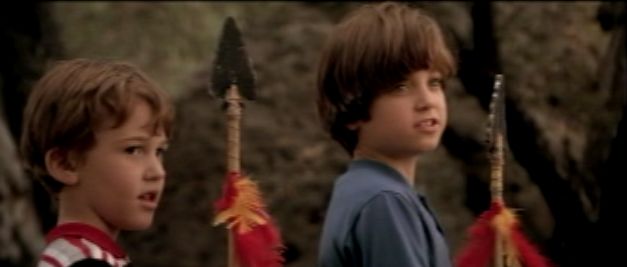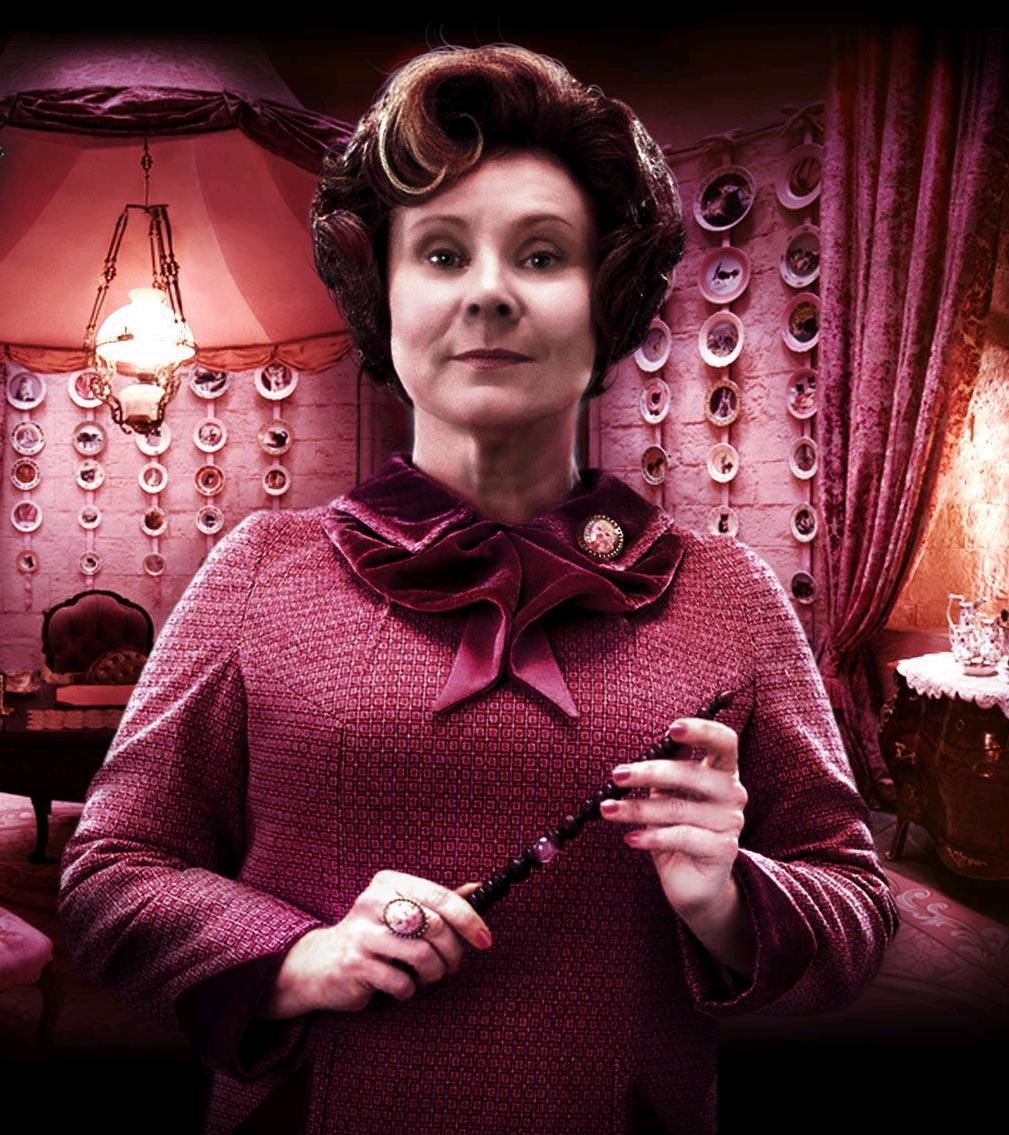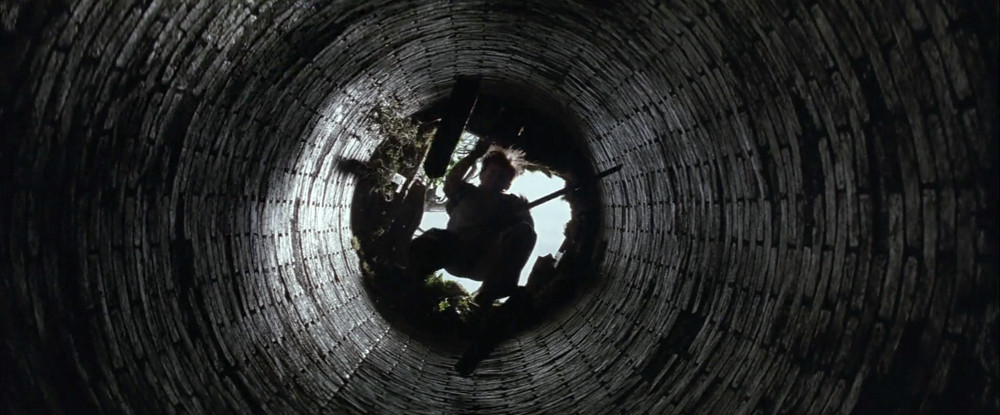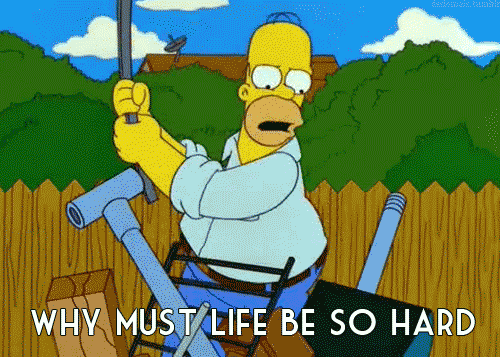 |
| Image found here |
After seemingly endless periods of squeaking my every thought and observation, I eventually encountered the much too advanced wisdom of my father. I recall conversations in which he spoke at my wee tow-head about the concept of noise pollution. Believing himself to be helpful, he explained that my excessive verbalization was just adding needless sound to the world. He guided me through picturing what the air would look like if we could see sound, and insinuated that I was soiling breathable space with my desire to talk without purpose.
This was not as awful as it sounds. Though my not yet fully formed brain was momentarily stifled by the all too scientific advice of my apparently heroic father, I didn't actually stop talking. It's possible that I may have slowed down some in response, but historic reports of my family members would indicate the inaccuracy of this assumption. On and on and on I prattled; selfishly soaking up the sound space around my loved ones.
In particular, I loved to prove my intelligence to my father. As you may have discerned from the above story, my dad was pretty clever himself. I'm pretty sure that was always obvious to me. I even imagine myself as an infant, craning in his arms, thinking "whoa! this dude is smart!" So, naturally I had to rise to the genetic occasion. As a bumbling tot trying to form my own understanding of the world, I assumed I had to prove my worth by immediately answering every question that even seemed meant for me.
Obviously, I got a lot of questions wrong. That's what happens when you increase the frequency of your attempts at anything, you increase the chances for error. Eventually, as it always did in my family, my behavior led to another paternal teaching moment. I recall a family dinner, with us all seated at the table discussing our days, and likely answering trivia questions to the key of "for an extra two points!" I must have exhausted the patience of others with my interrupting and attempting to guess at things I didn't truly know, because my father finally spoke out against it.
"You don't always have to know the answer," he calmly stated. "There's nothing wrong with saying you don't know." He then guided us through acknowledging our ignorance, and confidently stating "I don't know." From then on, both my parents would pause us when we demonstrated notable sensitivity to the unknown, and guide us through calling ourselves out. We were repeatedly coached to practice alerting others to our dearth of knowledge.
I found this activity irritating for the vast majority of my childhood. I hated telling people I didn't understand them. I abhorred acknowledgement of my inadequacies in a public forum, and I resisted encouragement to lay it all out on the table. Only recently have I realized that this ongoing tutelage actually took.
In my adulthood, my academic and professional careers have been marked by my insistent confession of inadequacies. It is possible that I call out my lack of wisdom all too often. However, I'm frequently praised by superiors for indicating that I have yet to glean what I need to. Personally, I often attribute it to my sense of innocence and inexperience with all things "real world." Though, I have started to notice my own frustration with colleagues and superiors who lack the strength required to assert their ignorance. I find myself often grunting vexation with "knowledgeable others" who automatically throw out suggestions unrelated to the questions I have asked. My head spins with annoyance when I turn to seasoned professionals who attempt to guide me through basic responses to situations I am comfortable with, and ignore my pointed questions about how to deal with advanced complexities.
My initial assumption was that this played on my own inadequacies. My primary response was to think "they must really think I'm stupid if think I've forgotten the basics," but then I realized it wasn't this at all. Due to my own prior experience with automatic answer syndrome, I quickly understood that the truth was they don't have the answers either. It is they who lacks the knowledge to further themselves. Because they never had support to build comfort with their own lack of understanding, they have habituated time-wasting discussions of things that don't matter. They don't understand the utility of recognizing a deficit in order to build upon it.





















